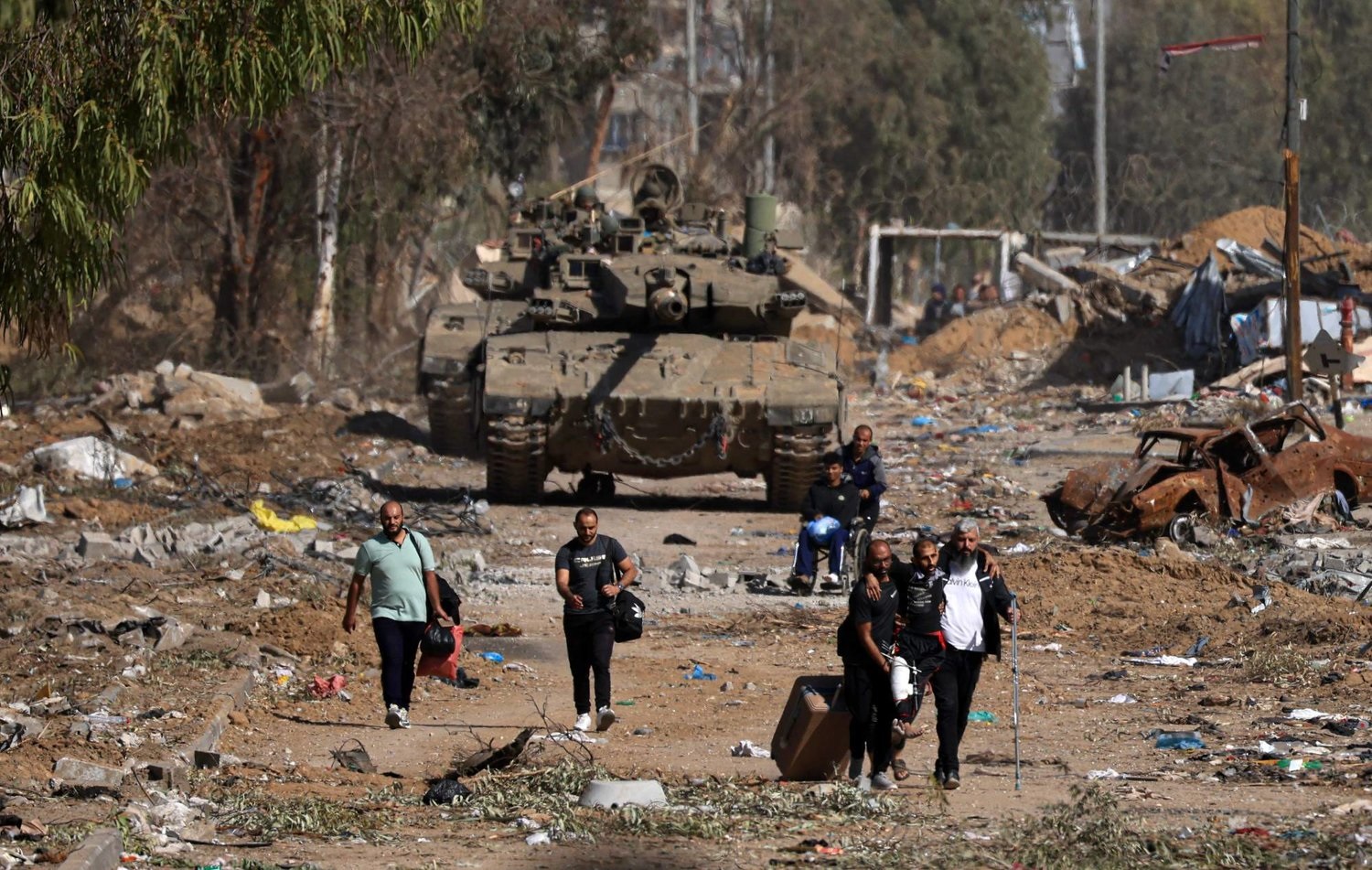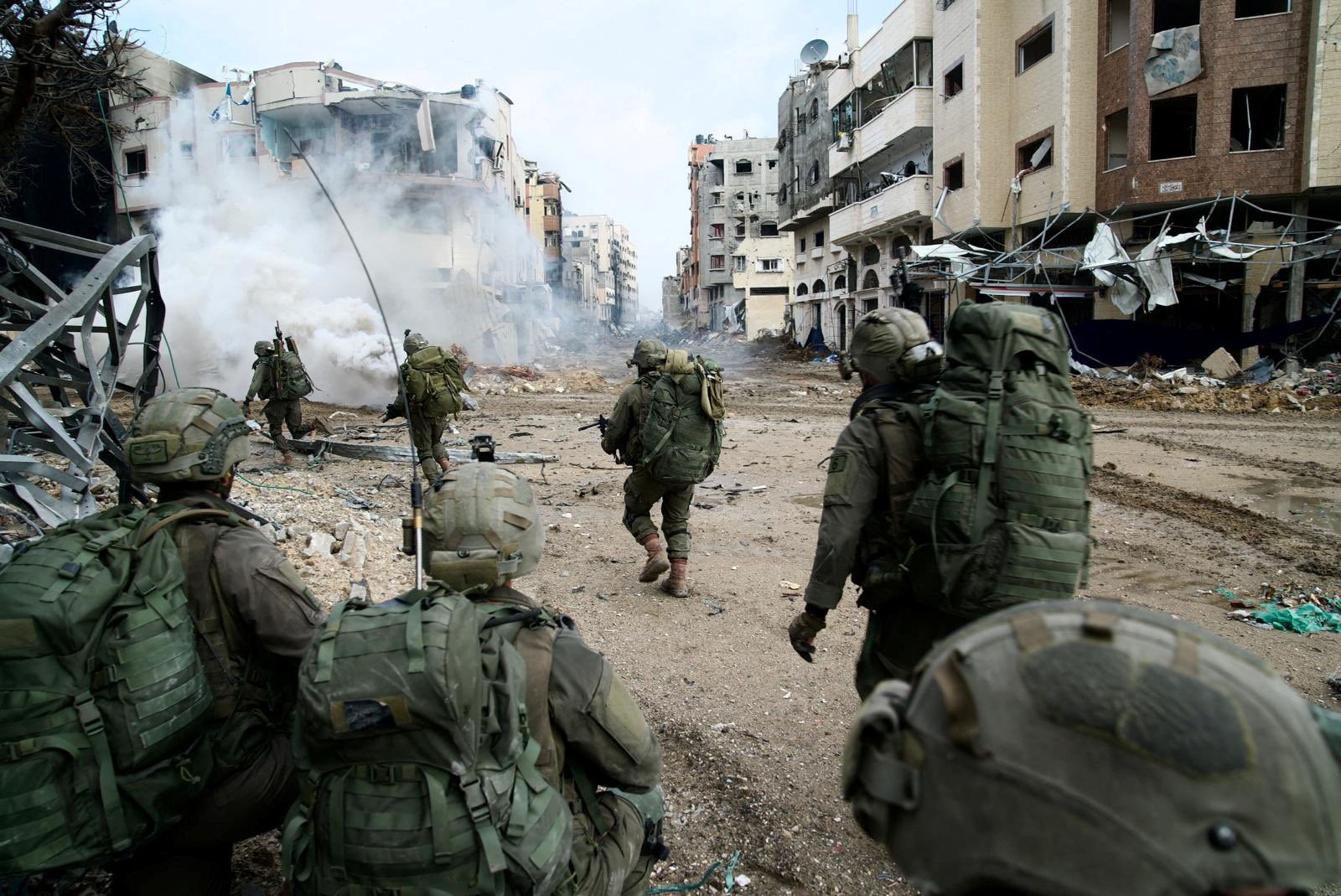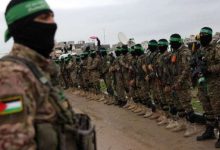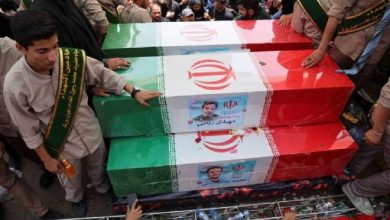Unraveling the Myth: The Occupation Army’s Deceptive “Safe Passage” and Its Tragic Consequences in Gaza

Watan-Palestinian refugees from the city of Khan Yunis in the southern Gaza Strip, using the passage claimed by the occupation as safe, are subjected to arrest and humiliation, in addition to being transported to unknown locations by the occupation army.
The occupation army ordered remaining civilians in Khan Yunis to head south to the border city of Rafah with Egypt.
The Israeli army claimed that Palestinians could move through what it called a “safe passage,” but dozens of civilians were arrested there.
Military Checkpoint in Khan Yunis
A military checkpoint was set up 200 meters from Al-Khair Hospital in Khan Yunis, in the western camp area. Cameras and microphones were installed at the checkpoint, and a military zone was established behind it, including investigators and an iris scanning device, according to the Middle East Eye.
Israeli soldiers tortured a group of Palestinians, dressed in white clothes, sitting on the ground in an open area where the Israeli flag, military vehicle, and bus were also visible.
The detainees were blindfolded, with their hands tied behind their backs and unable to move.
Bilal, a 24-year-old resident of building 107 in Khan Yunis, said that the occupation forces ordered civilians traveling through the safe passage to raise their arms, carry their ID cards, and walk along a predetermined path.

Israeli investigators searched and interrogated civilians, gathered in groups of ten, and recorded iris data at the inspection point.
Some were detained for a period ranging from two to five hours before being released, while others were placed in trucks and transported to detention camps, where they were held in unknown conditions.
According to the Mediterranean Observatory for Human Rights in Gaza, Israel uses its “safe passage” as a “trap to kill and detain Palestinians fleeing Israeli airstrikes.”
Other civilians who fled south through the passage reported witnessing the detention of children and disabled individuals, as well as deliberate acts of humiliation.
Abdul Fattah, a resident of building 106 in Khan Yunis, now in Rafah on the Gaza-Egypt border, said that he and his family were forced to cross the passage to escape continuous Israeli airstrikes.
Abdul Fattah mentioned that the Israeli army did not allow anyone leaving Khan Yunis to drive a vehicle, meaning he had to make the journey on foot.

Arrest of Disabled Civilians
Yousef (35 years old) from Khan Yunis stated that the Israeli forces detain civilians without considering their medical conditions.
He added, “The Israeli forces refused to allow my uncle Ayman, 40 years old and a person with special needs, to enter. He was arrested with two of his cousins aged 26 and 27.”
He continued, “They were residents of building 108 in Khan Yunis, but they decided to leave after the ground invasion of the city. We have no idea about the reasons for their arrest. They did not participate in any military activities, and they have no affiliation with any political party. They are pure civilians, like many others who have been arrested. They are arbitrarily detaining people.”
He continued, “Ayman needs special care, which he is not receiving at the moment. He cannot pose a threat to the security of Israel.”
Maaz (35 years old) from Rafah learned about the arrest of his uncle and his son (13 years old) from his uncle’s wife, who managed to pass through the passage with her daughters.
The Mediterranean Observatory for Human Rights states that the Israeli evacuation order lacks the provision of safe shelter, constitutes forced displacement, and thus violates international humanitarian law.






